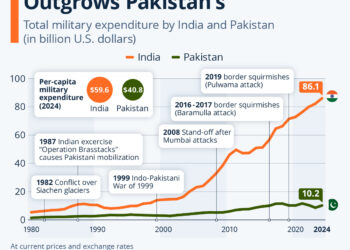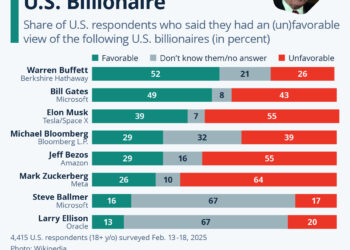Russia’s Struggles with Democracy and Corruption
The political landscape in Russia has drawn significant international scrutiny, particularly concerning its low rankings in key indicators of freedom, corruption, and democracy. Major studies and reports from various organizations have consistently highlighted the country’s dismal performance, reflecting a troubling trend for citizens and observers alike.
Low Rankings in Democracy Index
The Economist’s Findings
A prominent analysis published by The Economist placed Russia 150th out of 167 countries in their most recent Democracy Index. This ranking starkly showcases the nation’s struggle with democratic principles, where political diversity is nearly absent, and elections are frequently marred by manipulation and fraud. Such a rating is alarming, signaling a systemic issue in the governance of the nation.
Factors Contributing to Low Scores
Several factors contribute to Russia’s poor performance in the Democracy Index:
- Authoritarian Governance: There is a palpable absence of pluralism and competition, as opposition parties and alternative political voices are often suppressed.
- Electoral Manipulation: Elections in Russia are characterized by limited transparency and the presence of state-controlled media that skews public perception in favor of the ruling party.
- Political Repression: The suppression of dissent, including the harassment of opposition leaders and activists, further entrenches the dominant political order.
Widespread Corruption
Transparency International’s Report
Corruption remains a significant concern in Russia, as evidenced by its ranking of 154th out of 180 in the most recent corruption perception index by Transparency International. Corruption permeates various levels of government and civil society, impacting the daily lives of citizens and the overall integrity of institutions.
Economic Implications of Corruption
The pervasive corruption in Russia not only affects the governance but also stunts economic growth and development:
- Inefficiency in Public Services: Corruption leads to misallocation of resources, driving inefficiency in public services.
- Discouragement of Foreign Investment: Investors are often wary of engaging in an environment where corruption is rampant, leading to reduced foreign direct investment.
- Erosion of Public Trust: The continuous exposure of corruption scandals diminishes citizens’ trust in government institutions and public officials.
Restrictions on Press Freedom
Reporters Without Borders Ranking
The status of press freedom in Russia is alarming, with Reporters Without Borders ranking the country 183rd out of 208. This low score reflects a media landscape severely restricted by government control and censorship, where journalists often face dire consequences for reporting dissenting viewpoints.
Impact of Censorship
The Russian government employs various tactics to stifle the free press and limit opposition voices:
- Imprisonment of Journalists: Many journalists are imprisoned on charges such as "espionage" or other accusations aimed at silencing criticism.
- Media Control: State-owned media outlets dominate the landscape, leaving little room for independent reporting, which significantly hampers the public’s access to diverse viewpoints.
- Internet Surveillance and Censorship: The government restricts online access to information, controlling what citizens can see and read about local and global news.
Conclusion
The combination of poor democracy rankings, widespread corruption, and severe restrictions on press freedom paints a worrying picture of the current state in Russia. These factors not only impinge on the civil liberties of its citizens but also hinder the nation’s progress toward a more transparent and accountable governance structure. As the international community continues to monitor these developments, the need for systemic reform remains pressing.





